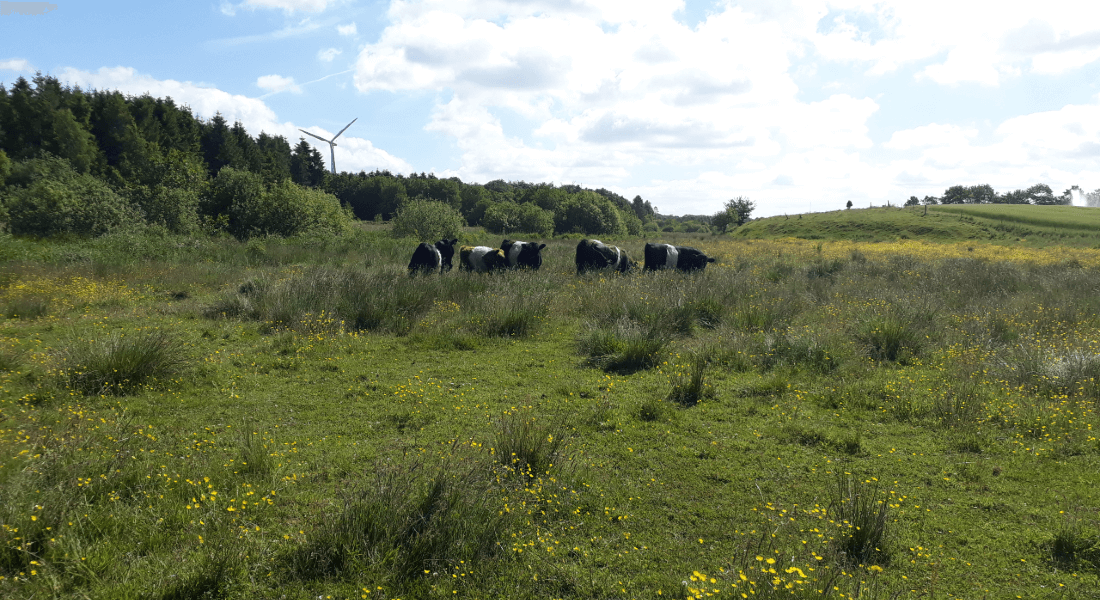
Vocational education shapes students' personality
Do young people become more conscientious by getting an education? Yes, if it is a vocational education, a new study reveals.

Much research has focussed on the impact of youth education on the students. But hardly any have been interested in the impact of specific types of education on students’ cognitive skills and academic performance. Not surprisingly, the results of these studies rarely turn out to the advantage of vocational education.
But the results of a new study conducted by Postdoc Jesper Fels Birkelund from the Department of Sociology at the University of Copenhagen do. He has studied how enrolment in a Danish youth education programme impacts on five basic personality features. And he concludes that conscientiousness (that is, diligence and meticulousness) increases significantly among young people who start a vocational education programme. A similar development is not found among young people starting upper secondary school.
‘In many ways, primary school leads to upper secondary school, which practises the same academic standards, merely at a higher level. Therefore, we should not be surprised not to find significant changes in personality among these students’, Jesper Fels Birkelund argues.
But those who enrol in vocational education have often fallen behind, he stresses.
‘Many have bad experiences from primary school, and vocational education represents an opportunity to get new, positive experiences’.
Fantastic data
Jesper Fels Birkelund’s analysis is based on data from the Child Development Study (Danish: Børneforløbsundersøgelsen), which is a study of a random sample of 6,000 children born in Denmark in 1995. The survey consists of six large sub-studies, and Jesper Fels Birkelund has concentrated on the latest two (from 2011 and 2014), where the children were aged 15 and 18 years, respectively.
’We are extremely fortunate to have access to this amazing national questionnaire survey, which has measured children’s personality features on several occasions. Normally, you only measure people’s personality features once, but here studies have been conducted both before and after the young people started a vocational education programme. This has made my study possible’, Jesper Fels Birkelund explains.
Professional pride is a factor
These years, where the vocational education programmes do everything they can to attract more students, Jesper Fels Birkelund’s findings are an interesting supplement to the common view that it is the academic programmes that strengthen students’ cognitive skills and academic performance. Personality features can also play a key role after graduation.
’According to the research literature, conscientiousness is the most personality feature when it comes to being successful in the labour market, especially with regard to wages’, he stresses.
In the study, Jesper Fels Birkelund also focusses on the concept of ’skilled worker identity’. He believes that professional pride constitutes the aspect of vocational students’ identify formation that increases their conscientiousness. The development is especially evident during students’ traineeship. Jesper Fels Birkelund’s hypothesis is that it is the practical work during the trainee period and the responsibility that comes with it that increases the students’ conscientiousness.
Support for vocational education
At a political level, the vocational education programmes may be able to use the study to attract more students, Jesper Fels Birkelund suggests.
‘In the past 30 years, the share of young people who choose a vocational education has been reduced by half. My findings suggest that the vocational education programmes continue to be valuable, i.a. because they help shape some of the values that prove highly useful later in life’.
The next, natural step would be to study this tendency over a longer period of time, Jesper Fels Birkelund argues. He therefore hopes to see a new pool of data from the Child Development Study – and that personality features are once again part of the study.
‘It would be interesting to see whether the young people who complete upper secondary school achieve a similar degree of professional pride – and thus increased conscientiousness – once they enter the labour market’, Jesper Fels Birkelund concludes.
Read more about the study in the research article ‘Educational Tracking and Personality Formation: Evidence from a Dual System’
Topics
Related News
Contact
Postdoc
Jesper Fels Birkelund
Department of Sociology
E-mail: jfb@soc.ku.dk
Phone: (+45) 35 33 06 24
Journalist
Simon Halskov
Faculty of Social Sciences
E-mail: sih@samf.ku.dk
Phone: (+45) 93 56 53 29
About the researcher
Jesper Fels Birkelund holds a postdoc position at the Department of Sociology, University of Copenhagen. He researches social inequality and social mobility focussing on how the educational system can help build and break patterns of inequality and social inheritance.


